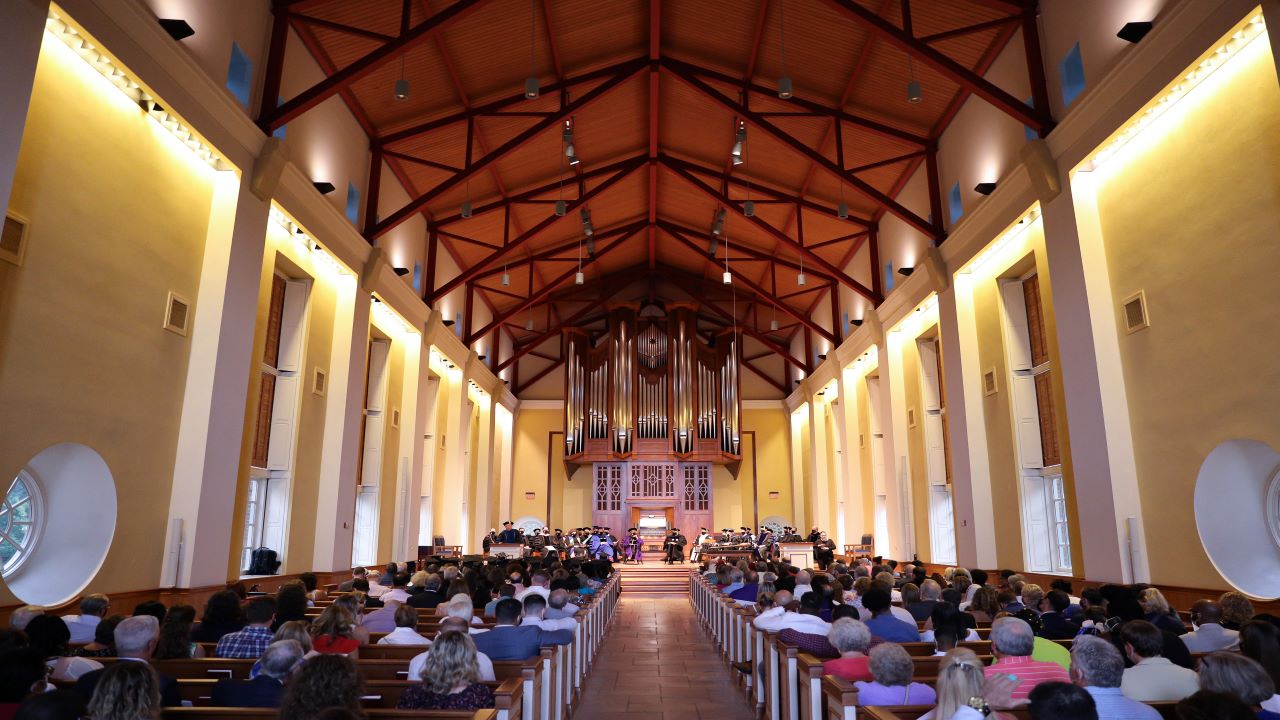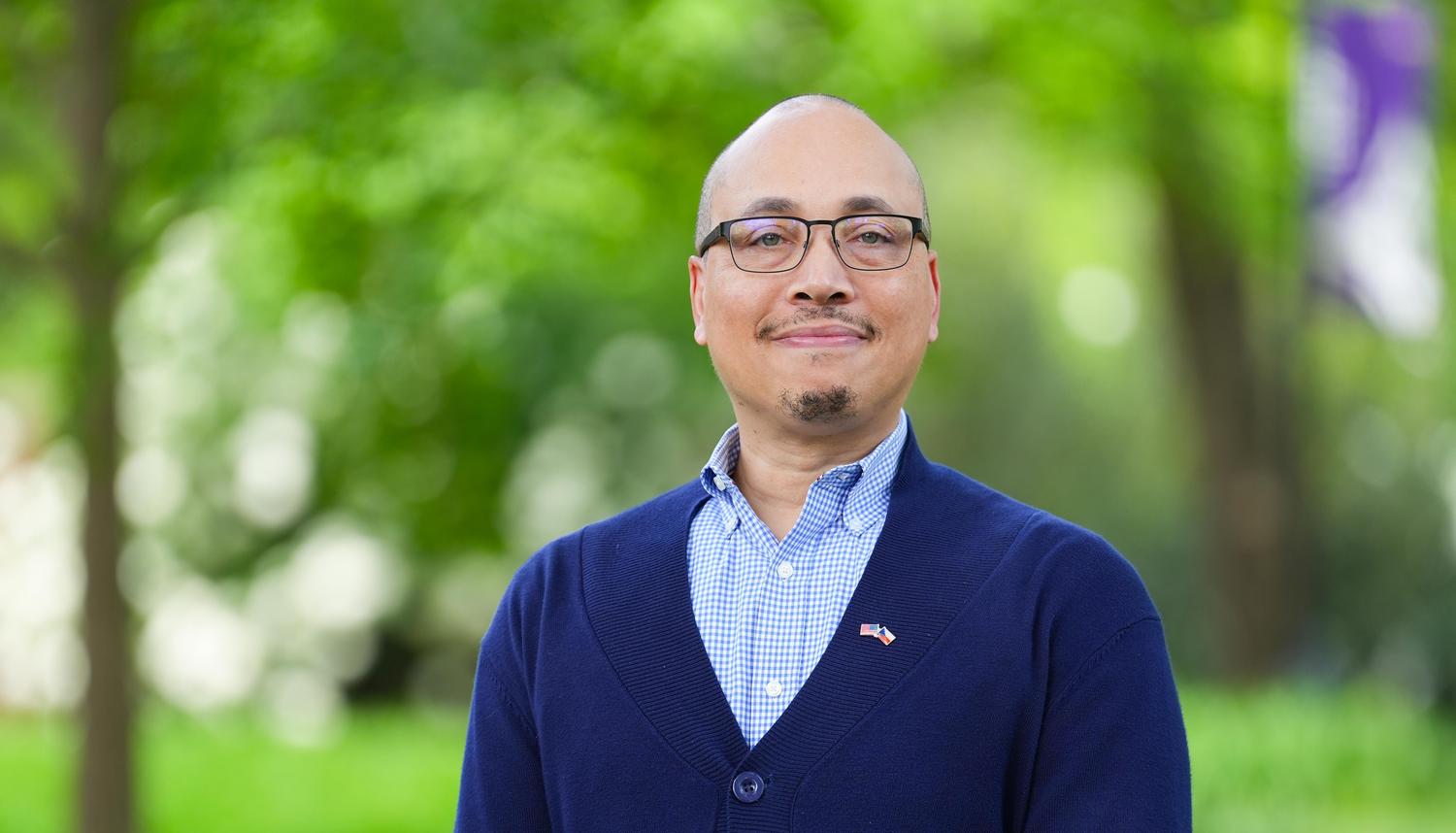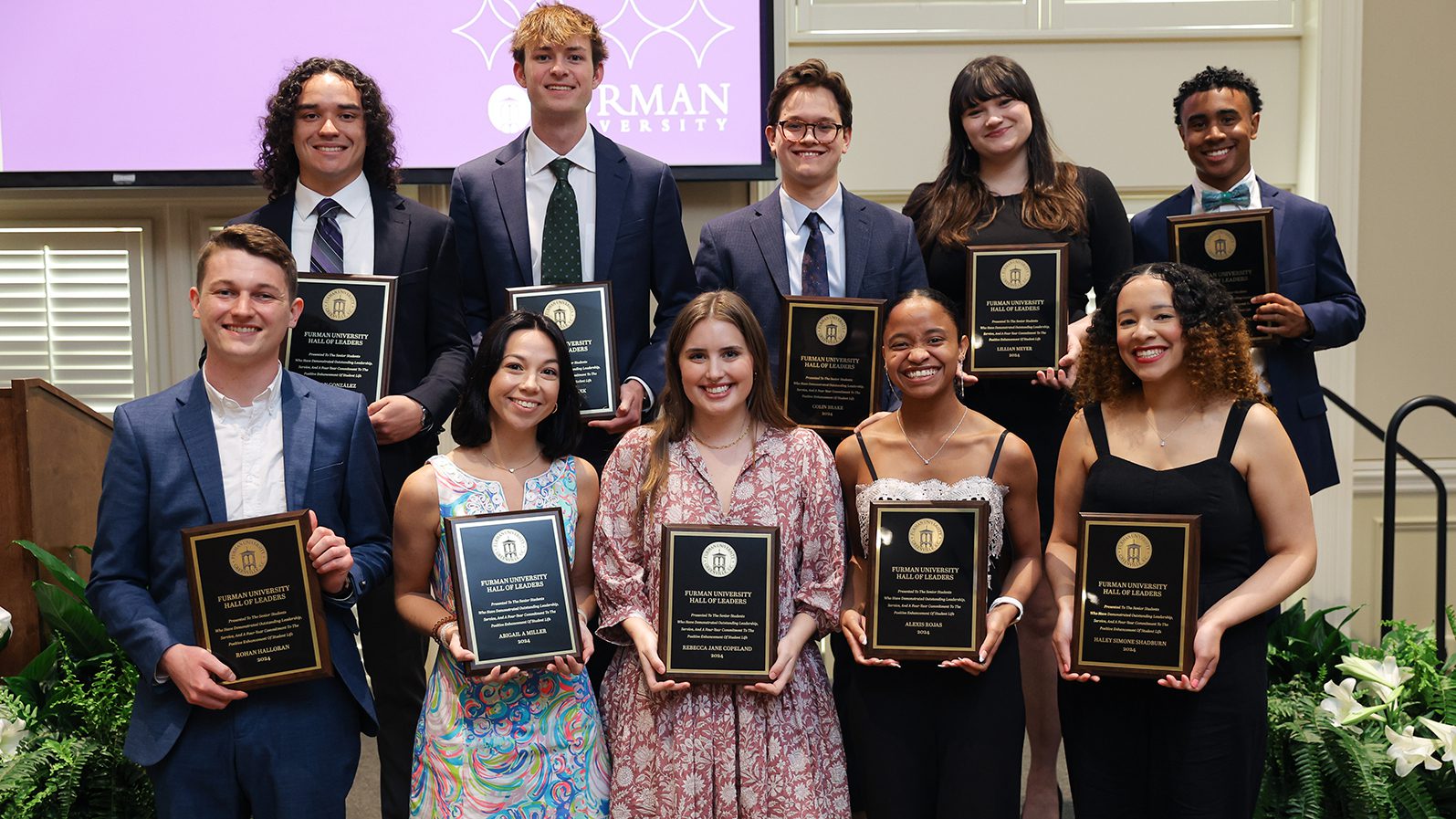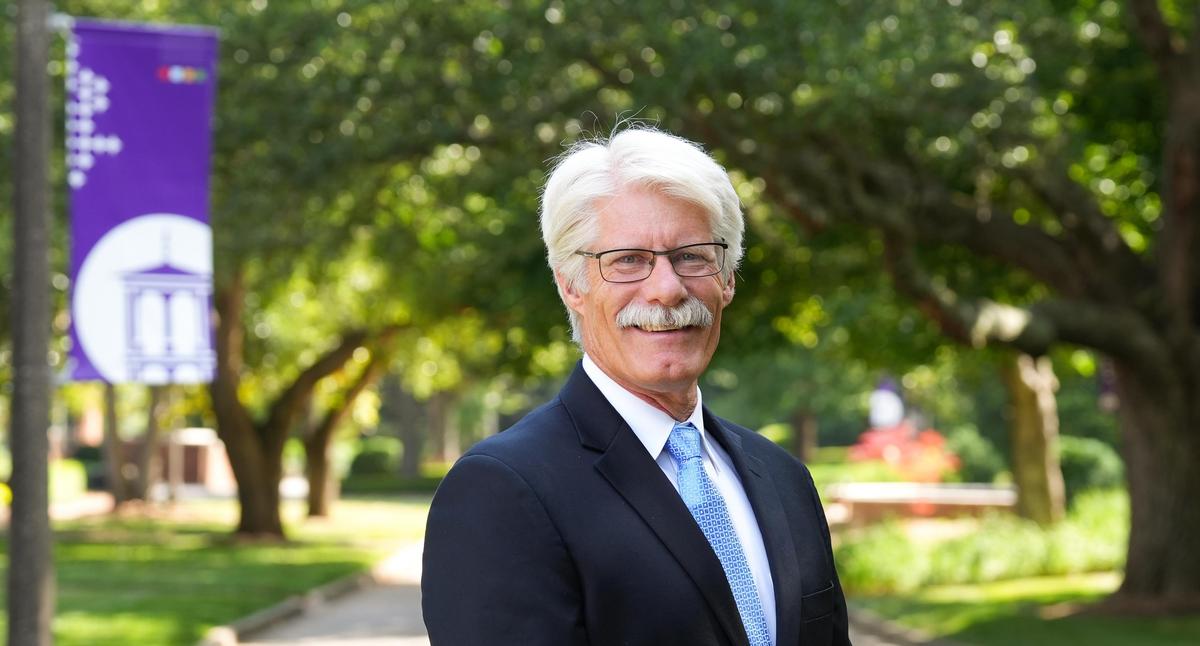Program Overview
Table of Contents
What is a religion degree?
Scholars of religion gain an understanding of themselves, and perhaps more importantly, insight into how to connect with diverse populations. The ability to think critically, analyze and solve problems within the context of religion prepares students for leadership in virtually any arena.
Why study religion at Furman?
On your journey exploring the world’s religions, develop meaningful relationships with professors in a close-knit classroom setting. Speak, be heard and learn deeply with colleagues as you study Christianity, Buddhism, Islam, Hinduism and other religions. Religion at Furman gives students a rich understanding of what people across the ages hold as sacred – the faith traditions that are often the very fabric of civilizations. Plan a visit to Furman’s beautiful campus or start your application today.
How will you learn?
No tour guide required. Travel alongside faculty experts to India, Israel, Greece, Turkey, Italy or Indian reservations in the southwestern U.S. to broaden your knowledge of spiritual traditions and cultural sites. Work with your professors through summer research fellowships, and learn how regional religious profiles change over the generations through the Pluralism Project, an initiative of Harvard University. Take your first steps by contacting admissions at Furman or reading more about how to apply.

Careers for religion majors
Careers for religion majors run the gamut from law to education to medicine and beyond. Furman’s curriculum often takes students to graduate school, where they specialize in a particular vein of the discipline.

Our religion graduates have gone on to careers and fields such as these:
- Law
- Clergy or lay leadership
- Higher education
- Nonprofit organizations
- Medicine
- Psychology
- Political analysis
- Research
- Journalism
Featured religion courses
-
97%Students who participate in an any engaged learning experience
-
50%Students who study away
-
58Courses in the religion department
What our students say
Our faculty

Marian Osborne Berky

Bryan Bibb

Vaughn CroweTipton
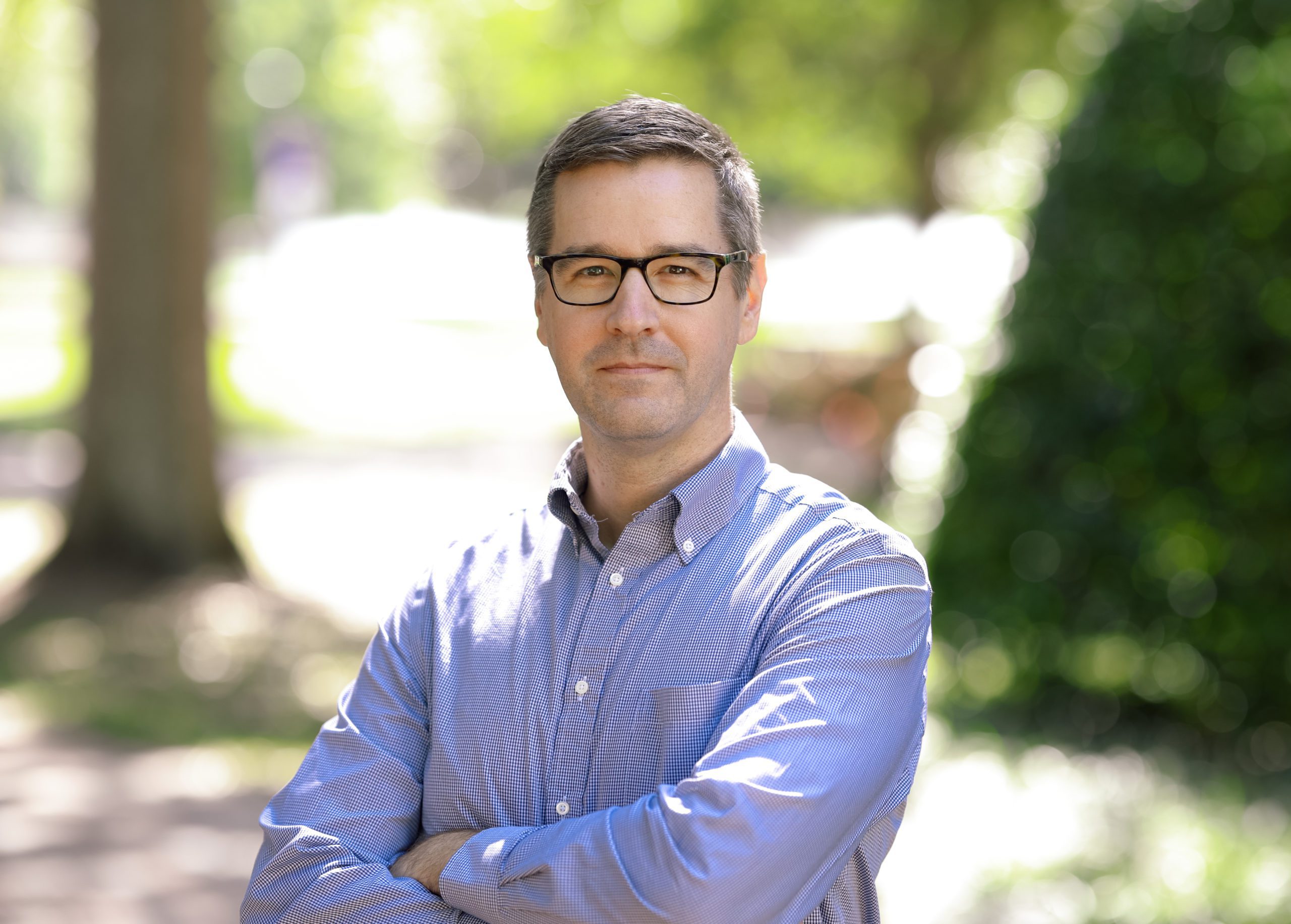
David Fink

Lisa Knight

Victoria Montrose

Roger Sneed

Claude Stulting

Alfons Teipen
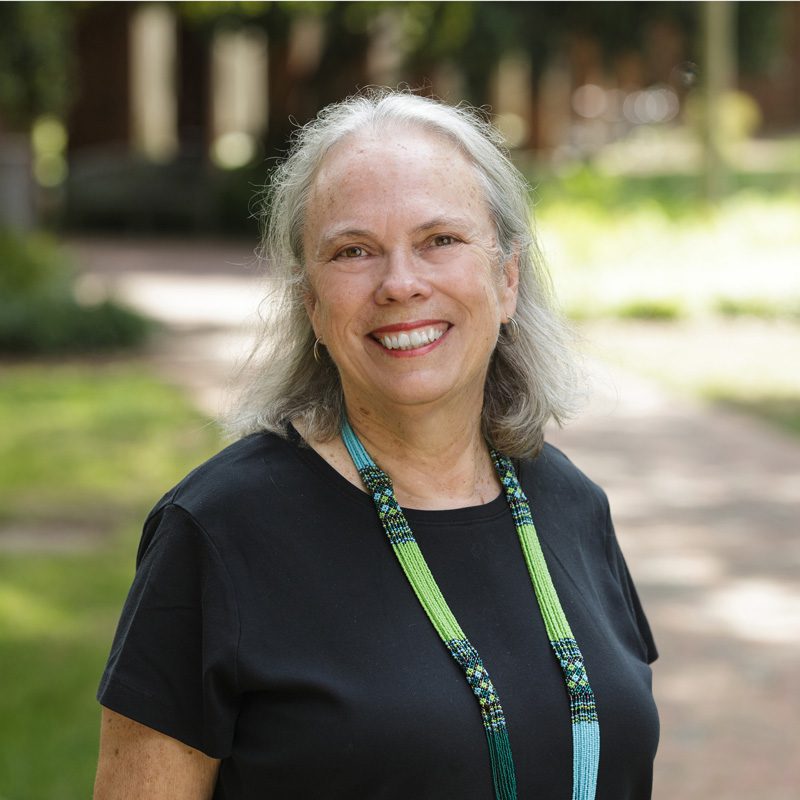
Helen Lee Turner

Tim Wardle
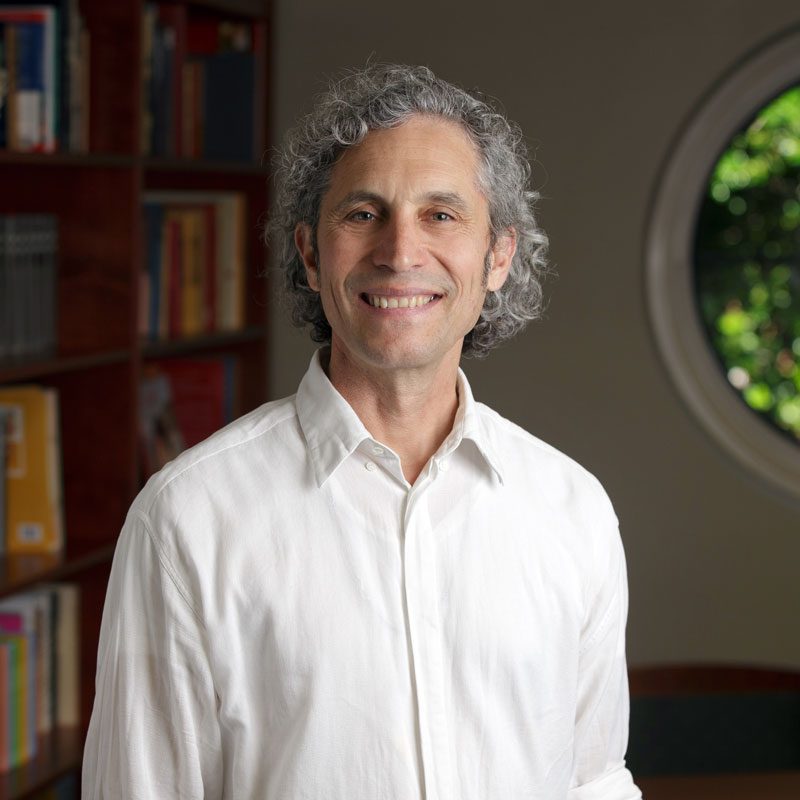
Edward Yazijian

Religion Major F.A.Q.
Careers for religion majors are wide-ranging, from law to education to medicine. Our graduates go on to work in the legal field, clergy or lay leadership, higher education, nonprofit organizations, medicine, psychology, political analysis, research and journalism. Religion graduates pursue work as lawyers, members of the clergy or lay leadership, reporters and editors, professors in higher education, managers of nonprofit organizations, clinical practitioners in medicine and psychology, and as political analysts and researchers.
The national average salary for a religion major in the U.S. is $40,945 annually, according to zippia.com. The top 10% earn more than $71,000.
The religion B.A. at Furman is a four-year program.
